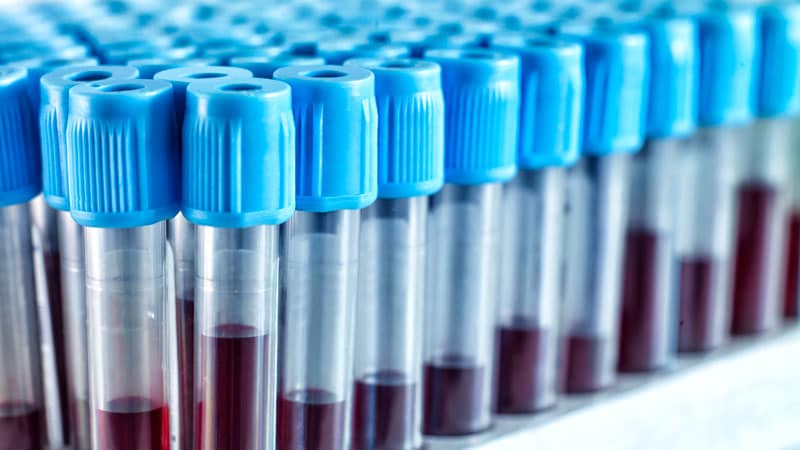Evaluating the Efficacy and Regulatory Standards of New Blood-Based Cancer Screening Tests
The article discusses the emergence of new blood-based cancer screening tests developed by biotech startups worldwide. These tests claim to be able to detect various cancers in early stages using just a few drops of blood, potentially simplifying cancer care by eliminating the need for traditional screening methods.
However, the article highlights that these new tests have not yet met the strict criteria typically required for traditional cancer screening procedures. To be considered for introduction as a screening tool, a test must meet the following four minimum requirements:
- The disease being screened for must have a presymptomatic form.
- The screening test must be able to identify this presymptomatic disease.
- Treating the disease in the presymptomatic phase must improve prognosis, specifically affecting cancer-specific mortality in a randomized controlled trial.
- The screening test must be feasible, and the benefits must outweigh potential risks.
The article notes that the new blood-based cancer tests have so far only met the second criteria, demonstrating the ability to detect presymptomatic cancer. The next step would be to show that they affect cancer-specific mortality, but the article suggests that commercial interests are influencing the evidence standards for these tests.
Some proponents argue that initial approval should not depend on the endpoint of cancer-specific mortality, as it would take too long to gather sufficient outcome data. Instead, they advocate for alternative endpoints, such as the incidence of late-stage cancer. However, the article cautions that this approach could lead to a false sense of security, as individuals with negative test results may mistakenly believe they cannot have any cancer at all and may not undergo standard early detection screenings or seek medical help early enough.
The article also discusses the Galleri study, a large randomized controlled trial initiated by the UK's National Health Service (NHS) to assess the effectiveness of Grail's cancer test. The primary endpoint for this study was the incidence of stage III or IV cancer, rather than cancer-specific mortality. The trial was eventually stopped due to unconvincing initial results.
The article emphasizes the importance of setting a high bar for the benefit of these new blood-based cancer tests, which must demonstrate an effect on cancer-specific mortality before being introduced. This evidence must come from studies in which commercial interests do not influence the design, execution, data management, or data analysis.
Personalizar Resumo
Reescrever com IA
Gerar Citações
Traduzir Fonte
Para outro idioma
Gerar Mapa Mental
do conteúdo fonte
Visitar Fonte
www.medscape.com
Do New Blood Tests for Cancer Meet the Right Standards?
Principais Insights Extraídos De
by Nadine às www.medscape.com 08-20-2024
https://www.medscape.com/viewarticle/do-new-blood-tests-cancer-meet-right-standards-2024a1000f93
Perguntas Mais Profundas
